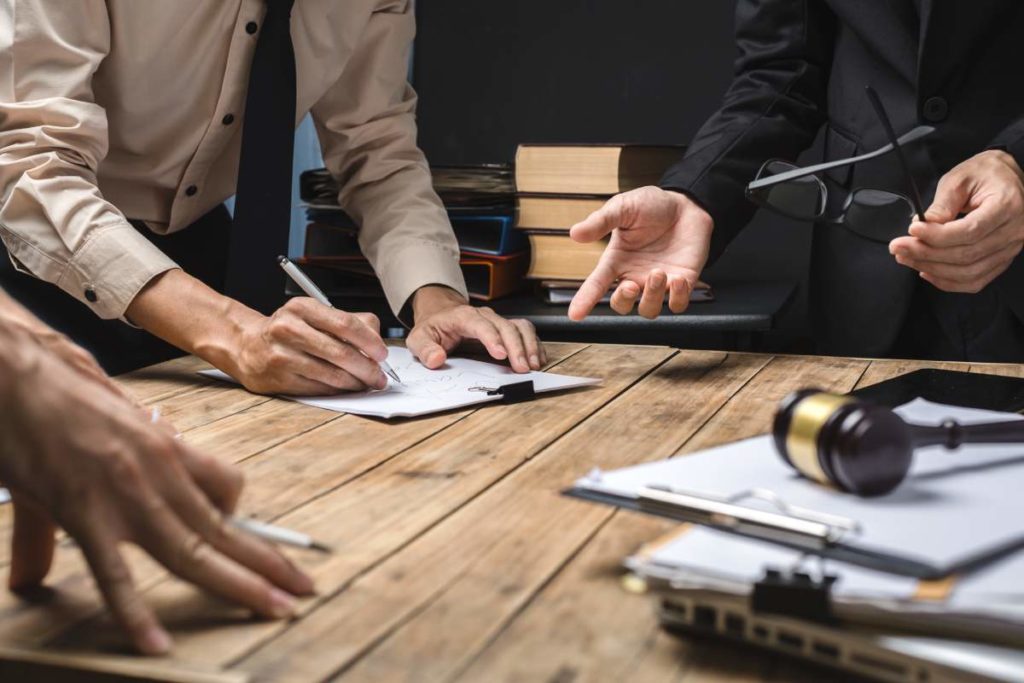Conveyancing solicitors are legal professionals responsible for overseeing the transfer of property ownership from one owner to another. Their services guarantee a smooth transition throughout all stages of a property transaction.
It is essential to select a conveyancing solicitor whom you can trust and work well with. A poor-quality conveyancer can make the process of buying or selling your home an exasperating one.
Qualifications
Conveyancing lawyers melbourne handle all facets of property ownership, from selling or purchasing a home to handling mortgages and conveyancing issues. It’s essential that they don’t miss anything in the process as doing so could have long-term repercussions for people.
They prepare contracts of sale, memorandums of transfer, easement searches and bank release forms to make the transfer of ownership seamless. Furthermore, they assist in lodging these documents to meet local and state requirements.
Strong communication skills are paramount when working with multiple parties daily. This necessitates being able to explain complex legal information in an understandable manner for clients, as well as communicating effectively with other solicitors or colleagues within your team.
To become a licensed conveyancer, you must pass both level 4 and 6 diploma examinations (or equivalent). These can be studied part time or via distance learning methods; alternatively, you could complete an apprenticeship.
Fees
Conveyancing solicitors charge fees to cover their legal work when helping you purchase or sell a house. Fees can range anywhere from PS300 to PS1,500 depending on the firm and case.
These fees include legal costs to complete the transaction and disbursements – payments your conveyancer makes to third parties for services like ID checks and property searches, as well as bank transfer costs.
Some firms provide a ‘no sale, no fee’ service where you only pay if your property purchase does not go through. This can be beneficial in protecting your finances if the transaction falls through; however, make sure to inquire beforehand what fees they will charge you if the sale doesn’t close and get an explanation of what is covered.
Some less scrupulous firms may omit additional charges from their pricing structure in the fine print, allowing them to charge you more than necessary. Always read all details carefully and make sure you understand everything included – a transparent firm should only have a short list of reasonable extra fees.
Timescales
There are various factors that can slow down the speed of your conveyancing. For instance, if you’re buying a property that’s part of a chain or has complex issues, it may take longer for it to be completed.
A reliable conveyancer will ask their clients about the timelines they expect for completion, so that they can prioritize your matter according to those expectations. Doing this helps guarantee a timely service throughout all stages of the conveyancing process.
The draft contract phase of conveyancing can take anywhere from two weeks to 10 weeks. This involves collating all relevant information from the Land Registry, seller’s solicitor and your conveyancer, along with any pre-contract inquiries you have raised.
Reputation
If you’re buying or selling a property, it is wise to select conveyancing solicitors with an excellent reputation. This ensures they possess the expertise and experience required to finish your transaction promptly, efficiently, and within budget.
Reputation is the collective opinion, assessment or judgment people have of someone, group, or organisation. It typically reflects how much respect, admiration or trust they have earned within a particular social circle or community.
Reputation has an immense effect on individuals, businesses, organizations and nations alike. It can have a direct effect on one’s or business success, opportunities and quality of life; not to mention how much money one makes from it and any damages caused due to bad reputation management.

